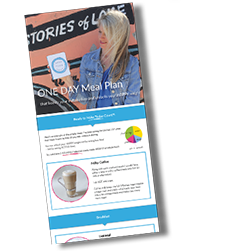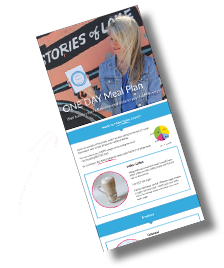
- Remove stigma around mental health
- Asking for help is a strength
- Early mental health intervention prevents larger problems later
We’ve landed on the moon, eaten watermelon in the winter and found cures to so many diseases. Yet we still have trouble talking about mental health. Fortunately governments, businesses and public figures have been getting more involved. With 1 in 4 people affected by mental health, awareness is paramount.
Mental health requires medical help
Recently the UK-based charity, Place 2 Be released a public service announcement about mental health. Kate Middleton is their spokesperson. She shares how bullying, bereavement, family break down and other common experiences can trigger mental health issues such as anxiety, depression and addiction. Then the PSA brings hope by explaining that early intervention can prevent small challenges from becoming huge problems.
The key is removing the stigma. People need to understand that mental health is as important and real as physical health. Just as you wouldn’t hesitate to seek medical help for a broken leg, you should get help when your thoughts and behaviours get in the way of enjoying each day.
Asking for help is a strength
I didn’t get help until my first year of university. I had no idea mental health played a part in my struggle to lose weight. I just knew my life was getting worse instead of better. So I went to the campus walk-in clinic.
Seeking medical help was a turning point for me. The first of many.
Reaching out to someone who is not part of your immediate family exposes you to new ideas. Speak to the experts.
It turned out I have OCD. Discovering this was a huge relief. It meant I could understand what was going on and learn how to break patterns that set me up to fail. OCD got me caught up in the exactness of following diet rules, tips and tricks. Basically, I struggled with the same misinformation so many people do when trying to lose weight, except my mental health issue made my experience more extreme.
Get help as early as possible
The longer I left my OCD, the more coping mechanisms I developed. Soon these self-defeating habits became ingrained.
The upside of things getting so bad was that I was forced to get to the bottom of what was going on. One of the most important things I learned was: A stitch in time saves nine. Get help as early as possible.
Listen to Kate Middleton’s important mental health PSA:
Educate yourself on mental health
Learning more about mental health can help you recognize the signs and symptoms. Then you can get yourself or loved ones the necessary support to deal with underlying issues, such as depression, anxiety or OCD.
Do you know anyone displaying the following coping mechanisms?:
- preoccupation with food
- withdrawing from social situations
- addiction
These behaviours prevent people from reaching their potential. They’re just some examples that suggest something else is going on that should be treated with medical help.
The Canadian Mental Health Association is a great source of information. Visit The National Institute of Mental Health if you’re in the United States. Mental Health Australia is another important resource. And along with the mental health support group Place 2 Be in the UK, check out the Mental Health Foundation.

 These kinds of meals and snacks unlocked my HAPPY weight 21+ years ago (I lost 30 pounds without dieting!)
These kinds of meals and snacks unlocked my HAPPY weight 21+ years ago (I lost 30 pounds without dieting!)
You'll also be subscribed to my newsletter. Don’t like it? Unsubscribe in one click

 These kinds of meals and snacks unlocked my HAPPY weight 21+ years ago (I lost 30 pounds without dieting!)
These kinds of meals and snacks unlocked my HAPPY weight 21+ years ago (I lost 30 pounds without dieting!)
You'll also be subscribed to my newsletter. Don’t like it? Unsubscribe in one click




Sharing what I learned makes the 10 years I STRUGGLED worth it
What mental health facilities are available near you?






Leave A Comment